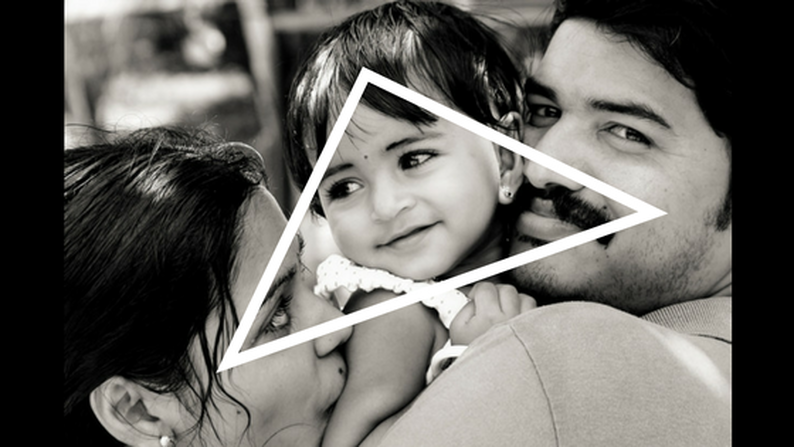So, this is Christmas . . . or Hanukkah . . . or Festivus. Regardless of the celebration, it is time to connect with the family. Whether you visit them in person or make contact from a distance, connecting with family is an emotional process.
I’m dreaming of a . . . calm, joy-filled, festive time with family. A gathering where people can connect to the strength, resiliency, and thoughtfulness available to all families. The tension in the relationship system, in the form of reactivity, can make it challenging to fulfill this dream.
You better watch out . . . is what some people might tell themselves instead. You know Dasher, and Dancer, Uncle Fred and Aunt Betty, and Grandma Carol and Cousin Bud . . . They’ll be there, but you may not be looking forward to seeing them.
Put on your yarmulke . . . here comes Hanukah . . . You may feel obligated to go. It’s your family after all. Shouldn’t you be there? What if you don’t want to go? You already know how it’s going to go: someone’s going to say something inappropriate or say something polarizing.
It’s the most wonderful time of the year . . . at least it can be in theory. Gathering with family is an emotional process, and like any process, it can have positive and negative aspects to it. But how one approaches the family, thinks about the connectedness of the family, and acts in the presence of the family can go a long way to making the family gathering merry and bright.
I’ve put together a holiday list of things to think about as you prepare to gather with your family:
1. If you anticipate that your family gathering is going to be tense, have a plan. Decide ahead of time what time you will arrive and what time you will leave. Stick to the plan. You don’t have to stay all day, and you don’t have to stay overnight.
2. Think ahead: what is important to you about getting together with the family? Who would you like to get to know better? It's an opportunity to find out what others hope to accomplish in the coming year. Sometimes the plan can simply be having one to one time with every member of the family during your visit; getting to know everyone a little better.
3. Can you make some predictions about the family gathering? Of course, you can. This is your family we are talking about. You already have some ideas about how the day is going to go. What insights await you that help you better understand the relationship system? If you know you will be uncomfortable, plan how you want to manage yourself. Avoid getting defensive or reactive. Differentiation is about managing one’s self while staying connected to important others.
4. Observe, observe, observe. Who talks to whom? Who avoids whom? When you try to talk to someone, who comes and joins you? When someone walks into the room, who gets up and leaves? What new insights can you gain from your family? What new insights can you gain about the way you react to your family? What gets you going? What calms you down?
5. If you experience conflict or tension during your visits, think systems!
Bowen Family System Theory provides a way for people to think about the behavior of the family that makes sense. While I’ve presented some tools on how to approach the family gathering, the real work in making a difference is about how one relates to the family. Using Bowen Theory as a guide can help one think as one navigates the relationship system. The effort is both simple and complex. It’s about relating to others, and it’s about managing self. It’s about being connected, and it’s about being separate. It’s about being less reactive, and being more thoughtful.
Having a coach can be useful to think about one's family A coach can help guide one’s thinking about the family and how to relate to the family at a higher level of functioning. To learn more about coaching, click on this link.



 RSS Feed
RSS Feed